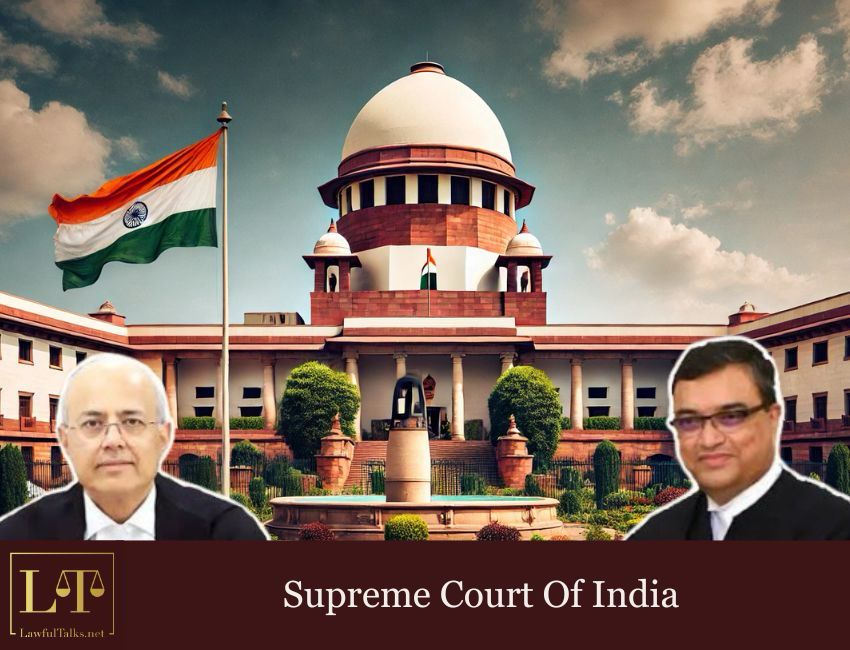Allahabad HC Sets Aside Afzal Ansari's Conviction, Allows Him to Continue as MP

A plea in the Supreme Court that sought to impose a life-ban on convicted politicians barring them from permanently contesting elections was opposed by the Union Government in a counter affidavit which held that issues like period of disqualification wholly lie in the dominion of legislative policy.

Noting that criminalization of politics is a serious issue the Supreme court bench of Justice Dipankar Datta and Justice Manmohan had sought a response from the Government on the issue two weeks back. The counter affidavit of the Government was in response to the instant issue.
In 2016, an Advocate Ashwini Upadhyaya had filed a petition challenging the constitutional validity of Sections 8 and 9 of the Representation of People Act, 1951. The petitioner seeks disqualification for life of those convicted in criminal cases. The petitioner seeks disqualification for life of those convicted in criminal cases. Section 8 of the Act concerns disqualification of persons sentenced for specified offences for a period of six years after serving their jail term. Section 9, of the Act hold that public servants dismissed for corruption or for disloyalty to the State shall be disqualified for a period of 5 years from the date of dismissal.
In their counter- affidavit the Government opposed the petition stating, “the question of lifetime ban would be appropriate or not is a question that is solely within the domain of the parliament’’. And the term of such disqualification is determined by the parliament “considering principles of proportionality and reasonability’’.
Significant points pressed in the affidavit state;
“By confining the operation of the penalty to an appropriate length of time, deterrence is ensured while undue harshness is avoided’’. The challenged provisions are “constitutionally sound’’ and they “do not suffer from the vice of excess delegation and are intra -vires the powers of parliament’’ .
“The prayer of the petitioner amounts to re-writing of the statute or directing the parliament to frame a law in a particular manner which is wholly beyond the powers of judicial review. It is trite law that the courts cannot direct Parliament to make a law or to legislate in a particular way”. Opposing the petition the Centre asserted that provisions don’t become unconstitutional just on the basis of a petitioner who feels that they are inadequate.
“There is nothing inherently unconstitutional in limiting the effect of penalties by time’’ asserted the Centre.
Case Title: Ashwini Kumar Upadhyay v. Union Of India And Anr; W.P.(C) No. 699/2016
Leave a Comment

Shalini Chavan
Advocate, Bombay High Court
Latest Posts
Categories
- International News 19 Posts
- Supreme Court 326 Posts
- High Courts 339 Posts







































































































































































































































































































































































































































































































































































































































































































